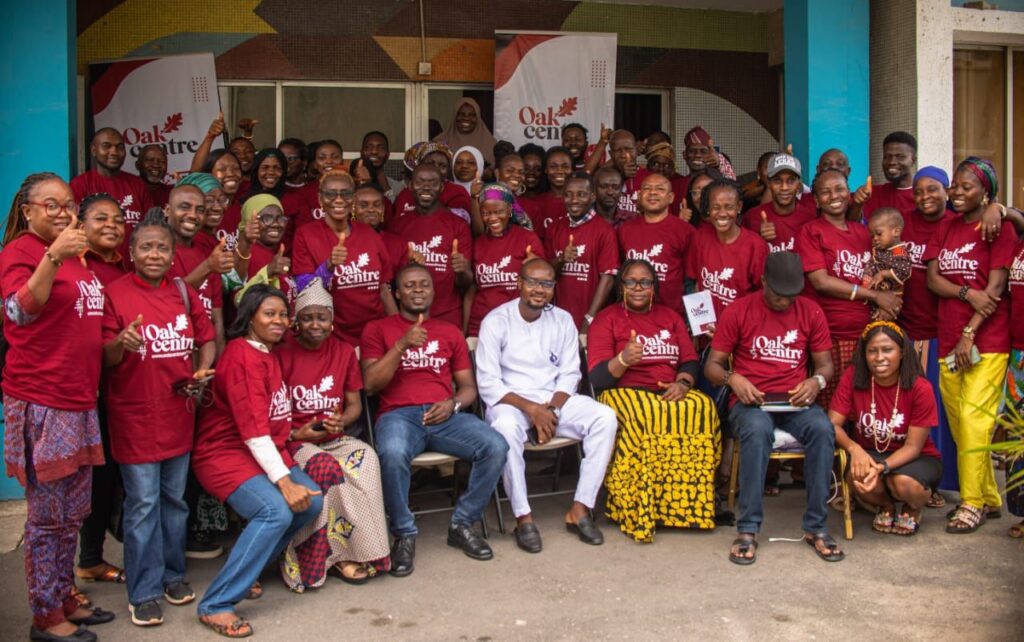The Oak Centre has provided comprehensive training for the sixth cohort of Civil Society Organisations (CSOs), equipping them with practical fact-checking and verification techniques to detect and counter disinformation.
The training, which brought together participants from various sectors, is part of the Oak Centre’s ongoing commitment to strengthening democratic processes and improving public resilience against misinformation and false narratives.
It also aims to enhance multi-stakeholder collaboration among CSOs working in democracy, governance, humanitarian response, and social development.
Key areas covered in the training included the definition and impact of disinformation, fact-checking methods, Open-Source Intelligence (OSINT) tools, and the ethical responsibilities of information practitioners.
Capacity Building Manager at Oak Centre, Korede Ogundiminegha, emphasized the significance of the initiative in an era of widespread digital misinformation and disinformation.
Speaking at the closing ceremony, Ogundiminegha explained that the decision to focus on CSOs was both strategic and timely.
He noted that disinformation is not just a media problem but a democratic challenge.
By equipping CSOs with the right tools and skills, the initiative not only enhances literacy but also protects the integrity of public discourse and policymaking.
According to him, CSOs were chosen because they are trusted voices within their communities. If empowered with fact-checking tools, they can serve as powerful filters against false narratives.
He added that disinformation targets public opinion, while civil society shapes it, making it crucial to invest in CSOs, as empowered voices can help rebuild public trust one verified fact at a time.
Participants were introduced to a range of digital verification tools designed to help them assess the credibility of information and sources more effectively.
The expected outcome of the training includes an increased use of fact-checking and OSINT tools among CSOs, more collaborative counter-disinformation initiatives, and enhanced responsiveness to misleading narratives, especially in fragile or conflict-affected contexts.
Ogundiminegha stated that the Oak Centre has continued to empower key civil society actors with the knowledge and skills needed to defend truth and uphold democratic values in a rapidly evolving information landscape.
He emphasized that the initiative is not just about digital skills but about building an ecosystem of informed, ethical, and resilient civil society actors who can challenge falsehoods and champion evidence-based advocacy.















